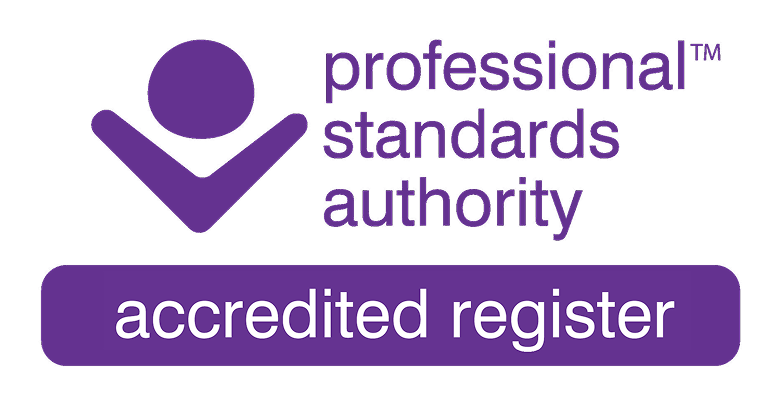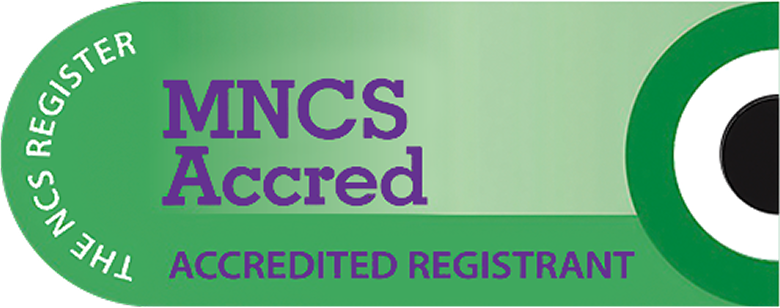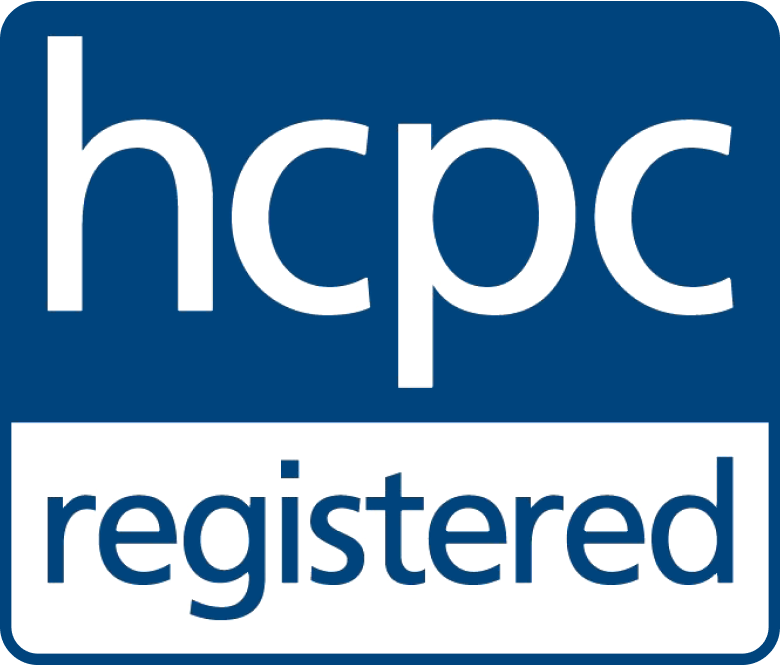Remote therapy works like traditional face-to-face therapy, just over the phone, Google Meet, Zoom, or other online communication tools. Its effectiveness is clearly documented, and its popularity continues to grow. It’s important to note that a good internet connection is vital for working online.
However, if you are experiencing a mental health crisis, online therapy may not be the best option. In such cases, it’s important to seek immediate support. If you need urgent mental health help, please contact your local NHS urgent mental health helpline (available 24/7) by visiting the NHS, or call Samaritans at 116 123, for free and available 24 hours a day. For emergencies, call 999 or go to your nearest A&E.
Yes, we offer in-person therapy from a calm, private clinic space located on Rainham High Street in Kent. The room is soundproofed and confidential, designed to feel safe, welcoming, and supportive, an ideal setting for therapeutic work. It’s a quiet, comfortable environment where you can talk freely and feel fully supported.
Location:
147 High Street
Rainham
Kent
ME8 8BA
You’re welcome to take a look inside or learn more via this link.
Counselling and Psychotherapy are often considered to be interchangeable and overlap in a number of ways—the main differences between the two centres around the length of time and depth of work. Counselling usually refers to brief interventions (4 weeks – 6 months) that centre around specific issues such as grief, work-related stress, and ill health. Psychotherapy focuses on working with clients for a longer term (6 months+). It draws from insight into emotional problems and difficulties and focuses more on exploration. To find out more, please visit our services page.
There are many factors to consider when choosing the right therapist, and finding the right fit is key. It is important that your therapist is someone with whom you will feel comfortable working. It is helpful to search and explore for some time in the beginning. Before meeting a potential therapist, visit their website and get a sense of their experience and qualifications. An initial phone consultation provides a great opportunity to ask questions to help you decide.
Counselling can give people the opportunity to reflect, explore, and gain an understanding of their difficulties. It can open up conversations, bring clarity and help alleviate emotional distress. Through this process, clients can begin to form different perspectives, improve relationships and manage difficulties in a more balanced manner.
It depends entirely on yourself and the issues you bring to counselling. Some people come for just a few sessions and feel ready to stop, whilst others may feel they need longer. This is something we can talk about and agree on together.
We offer a safe, supportive and empathetic space where clients can explore issues without fear of judgement. However, we do not offer emergency crisis service. If you are worried and in need of urgent help, please visit your nearest A&E department or call the emergency services on 999.
You can also contact the following services 24 hours a day, 7 days a week:
- Samaritans: 116 123
- NHS 111: dial 111
- SHOUT: Text SHOUT to 85258
- National Suicide Prevention Helpline UK: 0800 689 5652
- SANEline: 0300 304 7000
- CALM: 0800 58 58 58
We require 48 hours’ notice for the cancellation of sessions. Sessions cancelled within fewer than 48 hours are subject to the full fee. If your therapist needs to rearrange a session for any reason, they will aim to give you as much notice as possible and offer a suitable alternative session time.
Each session lasts a minimum of 50 minutes.
Fees are between £80 and £120. Please refer to the Fees page for further details.
We are based in Gillingham, Medway. We work with clients from this location as well as surrounding areas, including Rainham, Chatham, Rochester, Strood, and across the South East. In addition to providing in-person psychotherapy sessions, we also offer remote sessions via Google Meet.
Yes, sessions are confidential. However, there are some limits to confidentiality. The therapist will need to break confidentiality in situations where:
There are concerns about your immediate safety or the safety of others.
Your information is subpoenaed by a court of law.
There is a legal obligation to do so, i.e. you disclose information regarding involvement or knowledge of a criminal offence.
Ready to Talk?






